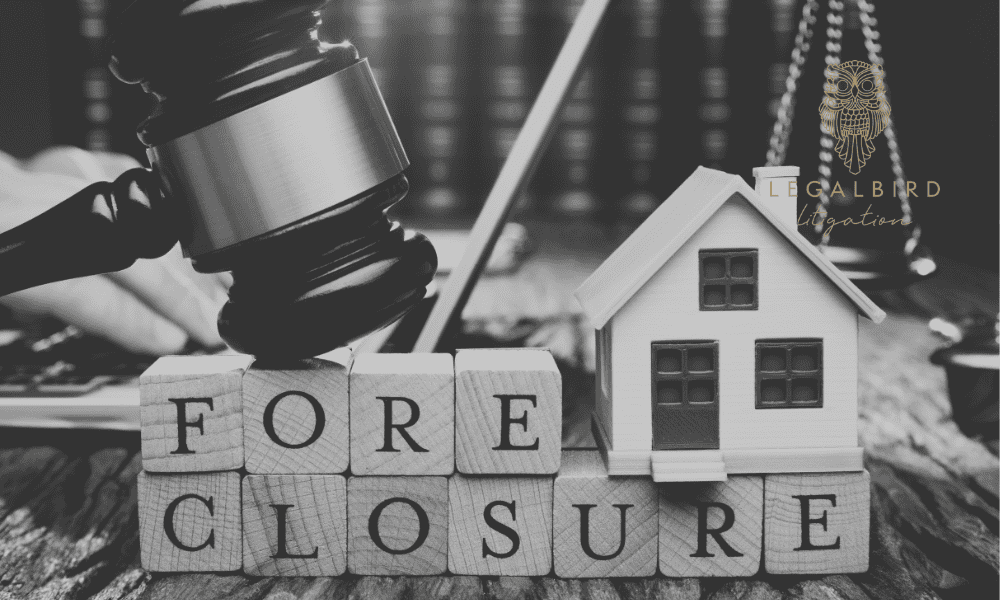
Commercial landlords in British Columbia often face challenges when tenants fall behind on rent. Defaults usually follow a familiar pattern: late payments, partial payments, and eventually, a complete failure to pay. When this happens, landlords must understand the legal remedies available under both common law and provincial statutes.
In BC, landlords have three main options when dealing with non-payment of rent:
- Rent distress: seizing tenant goods to recover unpaid rent
- Re-entry and termination: ending the lease and regaining possession of the premises
- Affirming the lease and suing: keeping the lease in place while suing for arrears
Each remedy has its own advantages and limitations. The correct choice depends on the facts of the case, the lease terms, and the laws that apply, including the Rent Distress Act, the Commercial Tenancy Act, the Law and Equity Act, and the Bankruptcy and Insolvency Act.
Rent Distress in British Columbia
Rent distress is a legal remedy that allows commercial landlords in BC to seize and hold a tenant’s goods on leased premises as security for unpaid rent. The right comes from common law but is now regulated by the Rent Distress Act, which sets strict rules for seizure, notice, appraisal, and sale.
Distress may apply to:
- Goods located on the leased premises
- Goods fraudulently removed from the premises
- In some cases, goods belonging to subtenants or assignees
However, landlords cannot seize goods belonging to third parties or fixtures attached to the property. Doing so can result in liability for wrongful distress.
Key principles from BC case law include:
- Commercial Credit Corp Ltd v Harry D Shields Ltd: Distress arises from the landlord–tenant relationship, not from contract.
- Wallace v Fraser: The right of distress can be waived or limited by agreement.
- Derby Reach Restaurant Ltd v Odyssey Holdings Ltd: Distress may involve removing goods, placing a bailiff in control, or securing goods on-site.
- Chan v Farrell Estates Ltd: Courts review whether items qualify as “tenant’s goods” before upholding distress.
Because wrongful distress can expose landlords to damages and penalties, it is essential to follow the procedures in the Rent Distress Act carefully. Legal advice can help ensure compliance and reduce the risk of costly tenancy disputes.
Re-Entry and Termination of a Commercial Lease in BC

When continuing a lease is no longer practical — for example, if the tenant has no assets to cover arrears or new tenants are available — the landlord may exercise the right of re-entry and termination. This remedy allows the landlord to take back possession of the premises before the lease term ends, usually triggered by non-payment of rent.
Courts stress that re-entry and termination are separate legal steps. Landlords must strictly follow the lease and statutory notice requirements, giving tenants a chance to correct the default before termination. Failure to do so may expose landlords to wrongful termination claims, including damages.
Key cases in British Columbia include:
- Burlington Northern Railroad Co v Baseline Industries Ltd: Re-entry and termination must be treated as distinct steps.
- Francis v Clarke: Strict compliance with notice provisions is required before re-entry.
- Tsoukalas v Domgroup Properties Ltd: Landlords risk liability for wrongful termination if notice procedures are not followed.
Because of these risks, legal advice is critical before re-entering or terminating a commercial lease in BC.
Affirming the Lease and Suing for Arrears
Alternatively, a landlord may choose to affirm the lease and sue for arrears. This remedy is appropriate where the landlord wishes to preserve the lease relationship but still recover unpaid rent.
While landlords are not required to mitigate damages if they sue for arrears, courts expect them to act reasonably in preserving value.
Anticipatory Repudiation and Landlord Errors in BC Commercial Leases
In some cases, a tenant may make it clear that they will not continue paying rent. Courts have treated this as anticipatory repudiation of the lease, allowing landlords to respond by terminating or affirming the agreement.
At the same time, arrears claims can also arise from a landlord’s own errors or mistakes, such as rent miscalculations or improper charges. In these situations, tenants may defend themselves by seeking legal defences such as waiver, estoppel, or lease interpretation.
Practical guidance for landlords includes:
- Obtain legal advice before instructing bailiffs, as wrongful distress can create liability.
- Follow all notice provisions carefully before re-entry to avoid wrongful termination claims.
- Consider whether to terminate or affirm the lease, balancing potential new tenants against the risks of ongoing litigation.
- Keep clear records of all communications and agreements to prevent disputes over waiver or estoppel.
Understanding both tenant repudiation and potential landlord errors is key to managing commercial lease disputes effectively under BC law.
Contact Legalbird for help with your Tenant Disputes
The remedies available to landlords in cases of commercial tenant default are powerful but must be exercised with care.
Rent distress, re-entry, and legal proceedings each carry distinct risks and benefits. Because of the complexity of BC’s statutory framework and the serious consequences of wrongful action, landlords should seek legal advice before taking steps.
Legalbird’s commercial litigation team, led by Managing Partner Kawal Atwal, offers a free 30-minute consultation to help landlords understand their options and choose the most effective strategy. Contact us today to protect your rights and recover what is owed.




